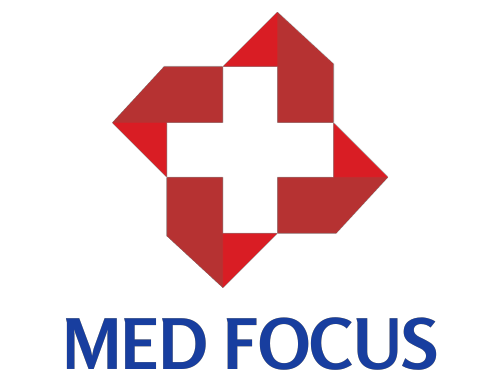Medical school demands the ability to retain and recall a tremendous amount of information. Mastering memory techniques can make this process more efficient, helping you excel in exams and clinical practice. Here are essential memory techniques every med student should master to enhance learning and performance.
1. Understand the Basics of Memory
How Memory Works
Memory consists of encoding, storing, and retrieving information. Knowing how these stages function can help you optimize learning.
Types of Memory
-
Short-Term Memory: Temporary storage for quick recall.
-
Long-Term Memory: Retains information over extended periods.
Discover more about memory optimization at Med Focus.
2. Use Mnemonics Effectively
What are Mnemonics?
Mnemonics are memory aids that help you associate complex information with simpler, memorable phrases or visuals.
Examples for Med Students
-
Acronyms: e.g., "SOAP" for Subjective, Objective, Assessment, Plan.
-
Rhymes and Stories: Create rhymes or narratives to link concepts.
Benefits of Mnemonics
-
Simplifies complex information.
-
Improves recall during exams.
3. Practice Spaced Repetition
Why Spaced Repetition Works
Revisiting information at increasing intervals helps transfer knowledge to long-term memory.
Tools for Spaced Repetition
-
Anki: Flashcard-based learning.
-
Quizlet: Interactive study sets.
For more tools and resources, visit Med Focus.
4. Leverage Visualization Techniques
How Visualization Helps
Creating mental images or diagrams strengthens memory retention.
Examples for Medical Students
-
Mind Maps: Break down topics into branches and subtopics.
-
Anatomy Drawings: Visualize and sketch anatomical structures.
5. Use Active Recall
What is Active Recall?
Testing your memory actively instead of passively reviewing notes.
How to Practice Active Recall
-
Quiz yourself after studying a topic.
-
Write down key points from memory.
Benefits
-
Strengthens neural connections.
-
Identifies gaps in understanding.

6. Chunking Information
Why Chunking is Effective
Breaking large data sets into smaller chunks makes them easier to memorize.
Examples in Medicine
-
Learn drugs by category.
-
Memorize anatomy by systems.
7. Associate Emotions with Learning
How Emotions Enhance Memory
Emotions create stronger neural links, making information more memorable.
Techniques
-
Relate concepts to real-life scenarios.
-
Use humor or vivid examples to remember tough topics.
8. Prioritize Sleep and Nutrition
The Role of Sleep
Sleep is essential for consolidating memories.
Nutrition Tips
-
Eat brain-boosting foods like nuts, fish, and dark chocolate.
-
Stay hydrated to maintain focus.
9. Teach Others What You Learn
Why Teaching Reinforces Learning
Explaining concepts to others strengthens your understanding and recall.
Ways to Teach
-
Form study groups.
-
Use flashcards or diagrams to explain topics.
Learn more about effective study habits at Med Focus.
10. Practice Mindfulness and Relaxation
Why It Matters
Stress hampers memory. Practicing mindfulness improves focus and recall.
Techniques
-
Meditation apps like Headspace.
-
Breathing exercises before studying.
Conclusion
Mastering these memory techniques can significantly enhance your learning and exam performance as a medical student. By using mnemonics, active recall, spaced repetition, and other strategies, you'll retain vast amounts of information efficiently. For additional resources and tips, explore Med Focus.
